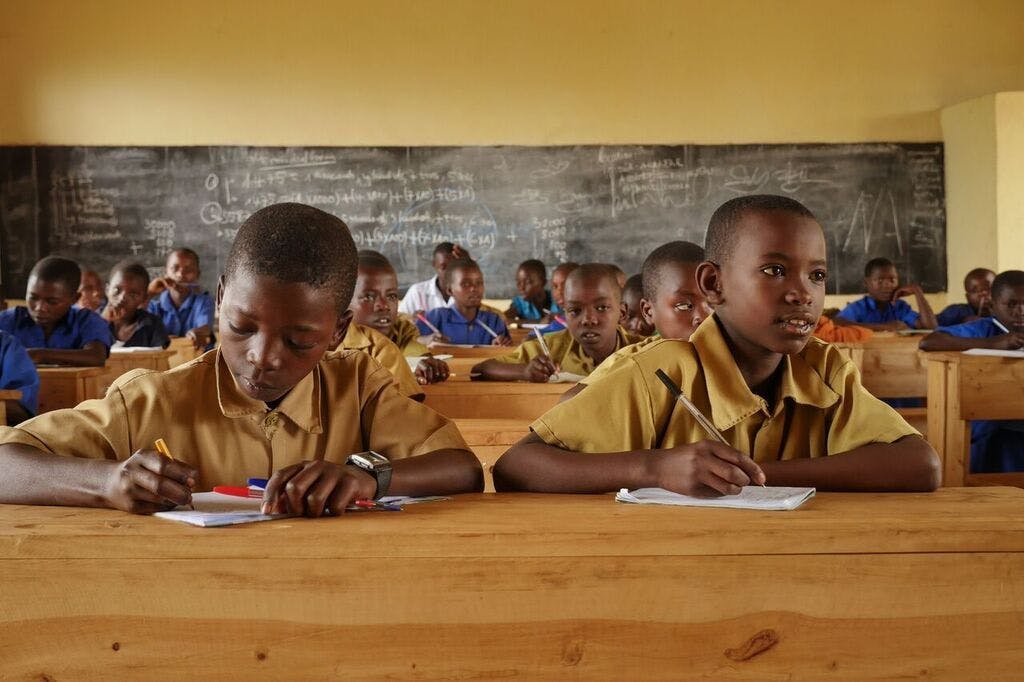Do you still remember what high school was like? I do. Every morning, the light would peek in through my bedroom curtains, begging me to get up. When the alarm clock finally rang, I was forced with a decision. Could I get away with not showering today so I can sleep for 10 more minutes? Or maybe I can convince my mom that I’m sick and need to stay home. What excuse could I possibly muster up to avoid going to school today? This seemed like a regular conversation that I had with myself in high school.
For most of my life, I can remember a distinct love of learning. There was a special spark that lit up my spirit when I understood something for the first time, or when I made an observation or connection. For many years, school gave me a sense of pride and accomplishment, but there was a phase in adolescence in which school felt far more like an obligation I was required to fulfill and less like a deep privilege.
Actually, I can’t really ever remember thinking of school or an education as a privilege. It was a formality that sometimes I liked and other times I would do anything to avoid.

I know that I’m not alone in my once misguided sentiments toward school and education in general. I’m sure that there are kids and teens alike all over the world who woke up this morning and tried to get out of going to school. I’m sure that there were an equal number of frustrated parents who saw right through the made up stories of stomach aches and had to fight to get their kids out the door this morning.
However, I also know that there are kids all over the world who watched their friends and neighbors walk to school, while they had to stay behind to help their family farm their land. They were kids who would have loved to go to school…but their families couldn’t afford the fees and tuition. I also know there are kids who are walking great distances to a school without adequate supplies and bathrooms, because a mediocre education and the mere chance to learn are far better than nothing. I’m sure that there were kids who are left to another day of hopelessness because they don’t have access to the transformative power of education.
Education, the Liberator
In the communities where Food for the Hungry (FH) works, education is one of the biggest resources to ending extreme poverty. When children, families and communities prioritize education, they’re able to open new doors and have access to new opportunities. Many are:
- Trained in livelihoods that provide a skill and income immediately following their formal education
- Using their education to go on to universities, becoming leaders and professionals
- Simultaneously trained in social skills that help them to better express themselves and solve problems
- Involved in a holistic education incorporating a biblical worldview, which impacts their entire family
- Offered access to the arts and sports education, enriching their lives further

I’ve been reflecting lately on the things that we take for granted. I continually ask God to reveal these things to me. He’s showing me that the things we often see as burdensome are actually liberating. The things we often ignore or pass over are deeply regarded gifts from above.
I’m also asking myself how we can encourage our kids to see their education as a gift; show them that this knowledge is the answer to freedom that so many are desperately seeking after? How can we encourage them to seek after the freedom of others as tenaciously as they seek after their own?
I’m choosing to open my eyes, offer relentless prayers of thanksgiving and ask how I can be involved in the educating and liberation of all God’s people.
More articles you may be interested in:
Global Youth and the Rise of Education: A Reflection for Malala Day



